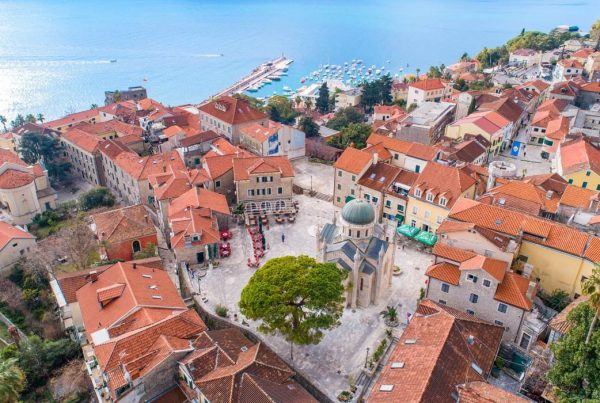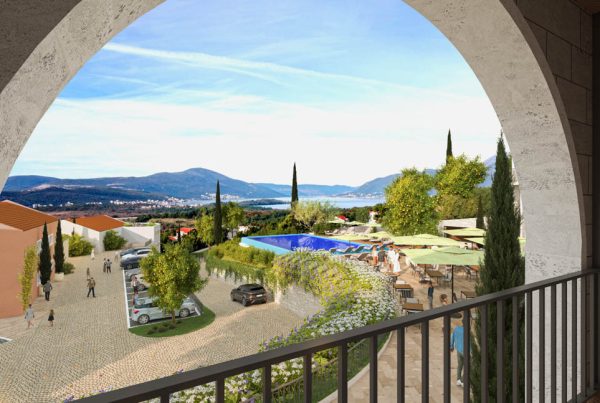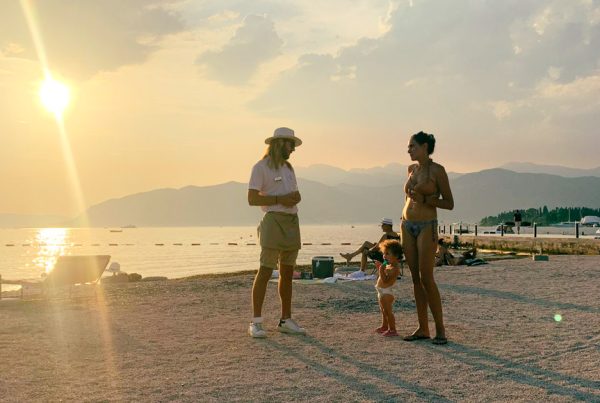Montenegro, a charming Balkan country along the Adriatic Sea, offers a picturesque landscape and a rich cultural heritage. Nestled in the heart of the Balkans, Montenegro boasts a rich cultural heritage and breathtaking landscapes. With approximately 620,000 people, this small country is making significant educational strides. Despite facing particular challenges, Montenegro’s commitment to improving its educational system has been unwavering.
If you are planning to relocate to this beautiful country with your family, one of the essential aspects to consider is the education system for your children. This article provides a comprehensive guide to education in Montenegro for foreign children, providing valuable information about the school system, language, curriculum, and other essential considerations.
Overview of the Montenegro Education System
Montenegro’s education system is divided into three levels: preschool, primary, and secondary education. Primary education is compulsory and lasts for nine years. It aims to give students a solid foundation before they go on to secondary education. Secondary education comprises three or four years of general, vocational, and technical programs. The latter includes specialized vocational schools and gymnasiums that focus on preparing students for university or the job market. Montenegro education is overseen by the Ministry of Education, Science, Culture, and Sports, which ensures that the quality of education remains high and adheres to European standards.
Montenegro has been focusing on improving its tertiary education system, seeking to align it with international standards. The country has several universities and higher education institutions offering various academic disciplines.
Preschool Education
Preschool education in Montenegro is not compulsory but is widely available and encouraged for children between the ages of three and six. Preschools, also known as “vrtić” in Montenegrin, provide a nurturing and stimulating environment where children can develop social and cognitive skills before entering primary school.
Primary Education
Primary education is compulsory for children between the ages of six and 15. The primary education cycle lasts nine years and is divided into two stages: the first (grades 1-5) and the second (grades 6-9). The curriculum includes language and literature, mathematics, science, foreign languages, social studies, arts, and physical education.
Secondary Education
Secondary education in Montenegro consists of three years, covering grades 10 to 12. Students can pursue general or vocational education, depending on their interests and career goals. Students take the Matura exam in the final year, determining their university admission eligibility.

Language Considerations
The official language of Montenegro is Montenegrin, which is very similar to Serbian, Croatian, and Bosnian. In schools, most instruction is in Montenegrin, but foreign language classes, mainly English, are commonly offered, especially in secondary education. International schools may also teach in English or other languages, catering to the needs of international students.
International Schools in Montenegro
For expatriate children, international schools are a favored choice. These schools follow international curricula, such as the International Baccalaureate (IB) or British Curriculum, and offer English or other language education. Montenegro international schools aim to maintain high academic standards while fostering a multicultural environment. Some excellent examples of international schools in Montenegro include Knightsbridge Schools International in Tivat and QSI International School of Montenegro in Podgorica.
Admission and Enrollment
When relocating to Montenegro, considering your children’s enrollment process is essential. Ensure you have the documentation, such as birth certificates, health records, and residence permits, to facilitate the enrollment process smoothly. International schools may have specific admission requirements, so contacting them in advance is recommended.
Higher Education System in Montenegro
Montenegro’s higher education system follows the Bologna process, which ensures compatibility and recognition of academic degrees across European countries. The system is organized into three cycles: Bachelor’s, Master’s, and Doctorate, providing a well-structured pathway for students to pursue their academic ambitions.
Best Universities in Montenegro
University of Montenegro (Univerzitet Crne Gore)
The University of Montenegro, established in 1974, is the country’s oldest and largest institution of higher learning. Its faculties and institutes offer diverse natural sciences, humanities, social sciences, engineering, and arts academic programs. The university’s commitment to research and development has earned it a reputation as a center of academic excellence.
University Mediterranean (Univerzitet “Mediteran”)
The University Mediterranean private university was established in 2006 to encourage innovation and creativity. It takes pride in using a multidisciplinary approach and is known for its business, economics, law, and IT programs. The institution prioritizes developing solid relationships with industry partners to give students hands-on learning opportunities and practical skills.
University Donja Gorica- Univerzitet Donja Gorica
The University of Donja Gorica is a relatively new university focusing on developing leaders and change-makers. It was founded in 2007 and provides courses in politics, diplomacy, foreign affairs, and entrepreneurship. Students are better prepared for the challenges of the twenty-first century because of the university’s dedication to current teaching techniques and technological integration.
Academic Opportunities for International Students in Montenegro
Universities in Montenegro cordially welcome international students and provide various courses in English and other languages. Compared to other European nations, Montenegro has a lower cost of living, making it a desirable alternative for international students looking for a good education at a fair price. For international students seeking to immerse themselves in a lively and hospitable society, Montenegro’s broad cultural legacy and its role as a bridge between East and West offer a vibrant experience.
Start a New Family Life in Montenegro
Relocating to Montenegro can be an enriching experience for international families, with its stunning landscapes and warm hospitality. Whether you choose the local public system or an international school, rest assured that Montenegro’s commitment to education will nurture your child’s growth and learning journey in this breathtaking Adriatic gem.
Never before has it been so simple to find the ideal place to call home in Montenegro. If you’re looking for a stunning apartment in Kotor with the right location and easy access to first-rate education in Montenegro, Royal Town Kotor is your best choice. You can also profit from Montenegro’s developing market with the potential for remarkable capital growth by buying real estate in Montenegro. To start a new family chapter in your life in Montenegro, get in touch with us right now. Our knowledgeable local experts are waiting to answer any questions you may have.
All rights of these persons prepared by Api Investment Doo (“API Group”) belong to API Group. All of these rights will be used, which will be greatly liked or not used, distributed, distributed, benefited from the use.






